The gaming industry has always been a treasure trove of untold stories, and among the most fascinating are the legendary projects that never saw the light of day. These canceled or shelved games, often referred to as "vaporware," have become the stuff of legend among enthusiasts. From ambitious concepts that pushed technical boundaries to titles axed at the last minute due to corporate decisions, the archives of gaming history are filled with what-ifs and missed opportunities.
One of the most talked-about unreleased games is "StarCraft: Ghost," a project that had fans on the edge of their seats before its indefinite postponement. Blizzard Entertainment initially announced this tactical stealth-action game as a spin-off to their wildly successful "StarCraft" franchise. With a promising blend of espionage and sci-fi warfare, it was poised to bridge the gap between console and PC gaming audiences. However, after multiple delays and shifts in development focus, the project quietly faded into obscurity, leaving behind only trailers and demo footage to fuel speculation.
Another infamous case is "Silent Hills," the collaboration between Hideo Kojima and Guillermo del Toro that was set to redefine horror gaming. The playable teaser, "P.T.," became a cultural phenomenon, terrifying players with its psychological horror and cryptic storytelling. Yet, due to the highly publicized fallout between Kojima and Konami, the full game was abruptly canceled. To this day, fans dissect every frame of "P.T.," wondering how the complete experience might have unfolded.
Then there’s "Prey 2," a sequel that took a radically different direction from its predecessor. Originally envisioned as an open-world bounty hunter game set in a sprawling alien metropolis, it promised a level of freedom and immersion that was ahead of its time. Despite showing impressive gameplay demos, the project was mired in development hell, with rumors of mismanagement and creative differences leading to its eventual cancellation. The "Prey" name was later revived for a completely unrelated reboot, leaving the original sequel as a footnote in gaming history.
Some lost projects were casualties of corporate restructuring, such as "Scalebound," PlatinumGames' dragon-riding action RPG. Announced with much fanfare, it showcased a unique bond between player and beast, with chaotic co-op battles that looked unlike anything else. However, after years of development struggles and rumored clashes between Microsoft and PlatinumGames, the plug was pulled. The cancellation sent shockwaves through the community, as many had eagerly anticipated its innovative mechanics.
The story of "Six Days in Fallujah" is particularly controversial. This military shooter aimed to depict the 2004 Battle of Fallujah with unflinching realism, drawing from firsthand accounts of Marines who fought there. While some praised its ambition to tackle real-world conflict with nuance, others criticized it as exploitative. After public backlash and publisher cold feet, the game was shelved—only to resurface years later with a smaller studio at the helm, reigniting debates about war games and their responsibilities.
Even Nintendo, a company known for its polished releases, has its share of abandoned gems. "EarthBound 64," the 3D follow-up to the beloved SNES classic, spent years in development before being scrapped due to technical limitations. While its story was eventually repurposed for "Mother 3" on the Game Boy Advance, fans still wonder how the Nintendo 64 iteration might have played. The few surviving screenshots and clips hint at a charming, if unpolished, take on the series’ quirky humor and emotional depth.
Rare’s "Dream" is another tantalizing mystery. This surreal, music-driven adventure was in development during the studio’s golden age, with a focus on exploration and atmosphere over traditional gameplay. Described as a "playable poem," it was unlike anything else at the time. However, as Rare shifted priorities toward more commercially viable projects, "Dream" was quietly abandoned. The handful of developers who worked on it still speak of its potential with a mix of nostalgia and regret.
Not all lost games fade away completely. "Beyond Good & Evil 2" spent over a decade in limbo, teased occasionally with cryptic trailers before finally resurfacing as a full-fledged project. Its journey highlights how fan passion can sometimes resurrect even the most unlikely candidates. Yet for every "Beyond Good & Evil 2," there are countless others that remain buried—like "Agent," Rockstar’s long-rumored spy game, which vanished without a trace after its initial announcement.
The allure of these unreleased games lies in their potential. They represent roads not taken, ideas that could have reshaped genres or redefined studios. While some may eventually see release in altered forms, many will remain as whispers in gaming lore—tantalizing glimpses of what might have been. For collectors and historians, uncovering their stories is like piecing together fragments of a lost history, one that continues to captivate those who love the medium’s untold possibilities.
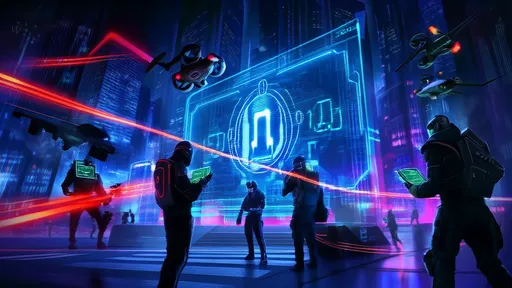
By /Jul 3, 2025

By /Jul 3, 2025
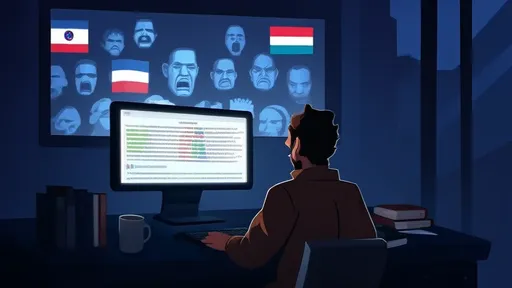
By /Jul 3, 2025
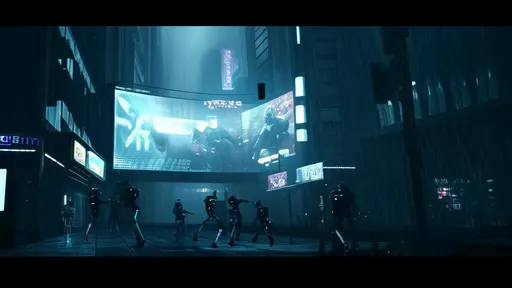
By /Jul 3, 2025
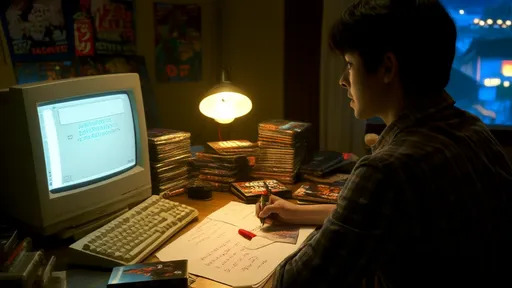
By /Jul 3, 2025

By /Jul 3, 2025
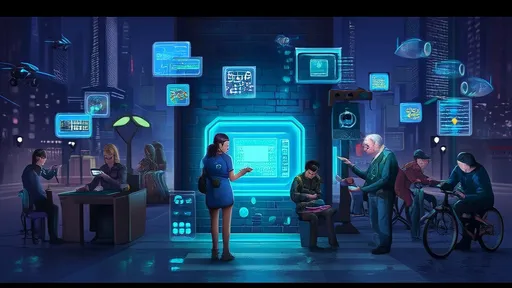
By /Jul 3, 2025

By /Jul 3, 2025
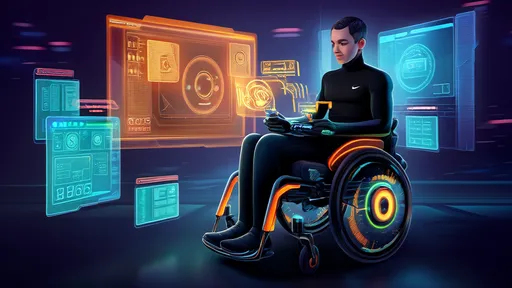
By /Jul 3, 2025

By /Jul 3, 2025
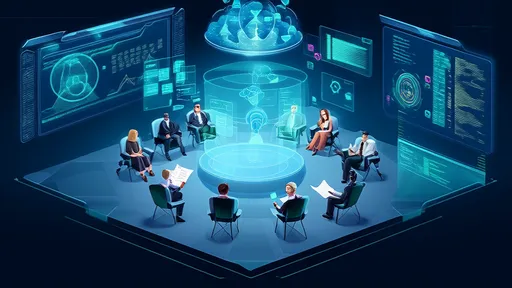
By /Jul 3, 2025
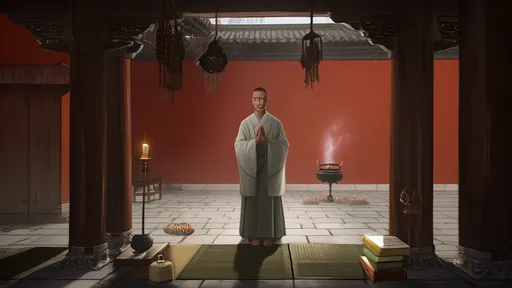
By /Jul 3, 2025
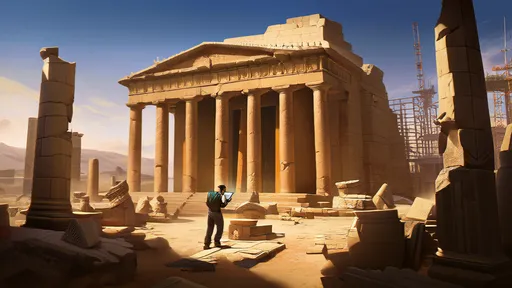
By /Jul 3, 2025
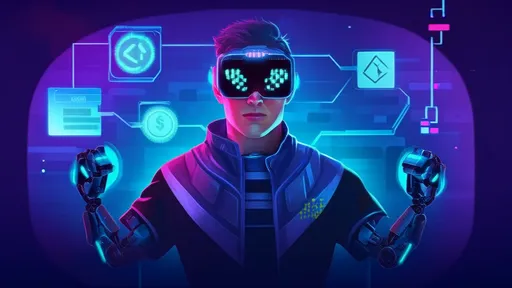
By /Jul 3, 2025
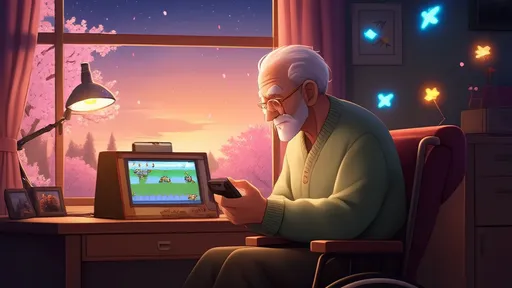
By /Jul 3, 2025
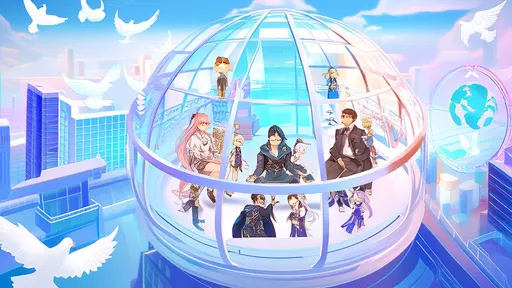
By /Jul 3, 2025

By /Jul 3, 2025

By /Jul 3, 2025